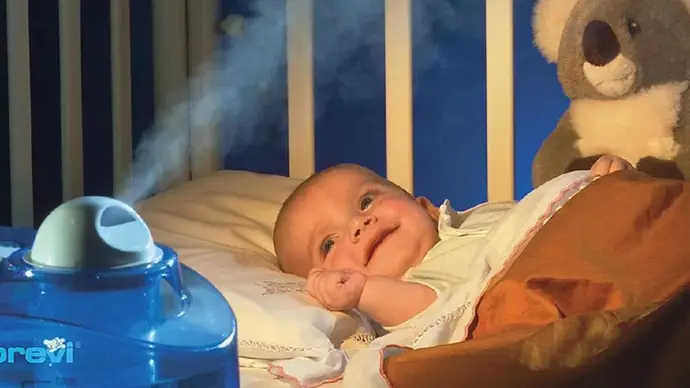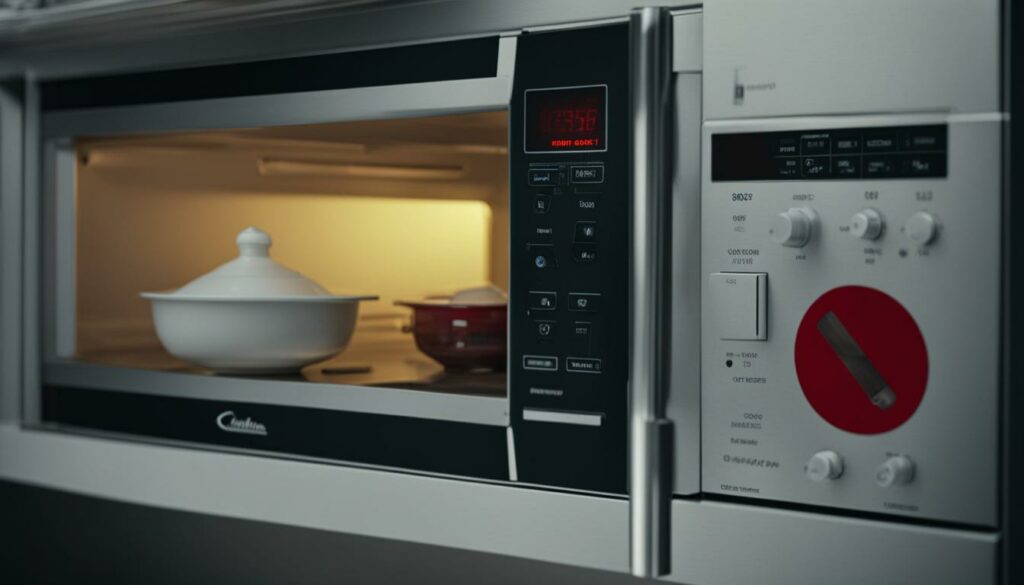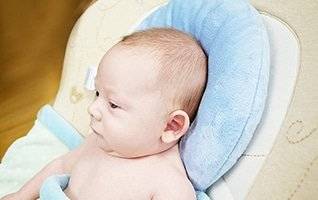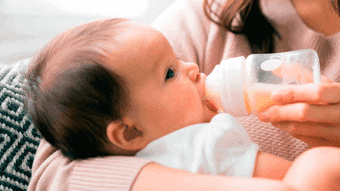If you’re a new parent, you may be wondering if baby mattresses expire. While there isn’t an official expiration date for baby mattresses, there are several factors to consider when determining the appropriate time to replace your baby’s mattress.
In this comprehensive guide, we’ll explore the lifespan of baby mattresses, safety considerations, and provide tips on when and how to replace them to ensure your baby’s well-being.

Key Takeaways:
- Baby mattresses do not have an official expiration date
- Factors such as materials, quality, and usage patterns affect the lifespan of a baby mattress
- Using an expired or worn-out baby mattress can pose potential safety risks to your baby
- The telltale signs that indicate it’s time to replace your baby’s mattress include visible wear and tear, sagging, and the presence of allergens
- Regularly assessing the condition of your baby’s mattress and following safety guidelines can help ensure a safe and comfortable sleep environment for your little one
Understanding the Lifespan of Baby Mattresses
As a parent, you want to provide the best sleeping environment for your baby. A good quality mattress is essential to ensure your baby gets the rest they need. However, like any other product, baby mattresses have a limited lifespan. Understanding the factors that determine the longevity of a baby mattress can help you make informed decisions about when to replace it.
Factors that Affect the Lifespan of Baby Mattresses
The lifespan of a baby mattress depends on several factors. These include:
| Factor | Description |
|---|---|
| Quality of materials | The quality of the materials used in the construction of the mattress can affect its lifespan. High-quality materials are more durable and can last longer. |
| Quality of construction | The quality of the construction also plays a role in the lifespan of the mattress. A well-constructed mattress is less likely to develop problems such as sagging or lumps. |
| Usage patterns | The frequency and duration of use can also affect the lifespan of a baby mattress. A mattress that is used more frequently or for longer periods is likely to wear out faster. |
While some mattresses may come with a warranty, there is no official expiration date for baby mattresses. However, it is generally recommended that you replace your baby’s mattress every 3-5 years or when signs of wear and tear become noticeable.
It’s important to note that using an expired or worn-out mattress can pose safety risks to your baby. Therefore, regularly checking the condition of your baby’s mattress and following safety guidelines is crucial for ensuring a safe sleeping environment.
Safety Considerations for Baby Mattresses
As a parent, you want to provide your baby with the safest possible sleeping environment. The condition of your baby’s mattress plays a key role in achieving this goal.
When selecting a new baby mattress, it’s crucial to choose one that meets current safety standards. Look for mattresses that have been certified by independent organizations, such as the Juvenile Products Manufacturers Association (JPMA) or the CertiPUR-US program. These certifications ensure that the mattress meets strict safety and chemical guidelines.
But what about when it’s time to replace your baby’s mattress? It’s essential to regularly assess the condition of the mattress to ensure it’s still safe for your little one. Here are some safety considerations to keep in mind:
- Sagging: A mattress that sags in the middle can pose a suffocation hazard, especially for younger babies who can’t move themselves away from the depression. If your baby’s mattress has visible sagging, it’s time to replace it.
- Wear and Tear: Look for signs of wear and tear, such as rips or tears in the mattress cover or foam. These can create a potential hazard for your baby, and it’s best to replace the mattress if you notice any damage.
- Allergens: If your baby has allergies or asthma, it’s important to choose a mattress that’s hypoallergenic and easy to clean. Mattresses made from organic materials, such as cotton or wool, can help reduce the risk of allergens.
- Age: While there’s no set expiration date for baby mattresses, it’s generally recommended to replace them every 3-5 years. Over time, mattresses can lose their firmness and support, and may accumulate bacteria or mold.
By keeping these safety considerations in mind, you can ensure that your baby’s sleeping environment is as safe and healthy as possible. Always remember to prioritize their well-being when making decisions about their mattress.

When to Replace Your Baby Mattress: Tips and Signs
Regularly assessing the condition of your baby’s mattress is crucial to ensure a safe and healthy sleeping environment. Here are some signs that it may be time to replace your baby’s mattress:
- The mattress is over 8 years old, as it may have worn out over time.
- Your baby is experiencing allergies or asthma, as allergens can build up in older mattresses.
- The mattress is visibly sagging, lumpy, or has lost its firmness, which can make it uncomfortable for your baby to sleep on.
- The mattress has visible tears or holes, which can be dangerous and allow for the accumulation of bacteria and other harmful substances.
Remember that even if your mattress doesn’t have any visible signs of wear and tear, it may still be time to replace it if your baby has outgrown it or if the mattress is no longer meeting your needs.
To help extend the lifespan of your baby’s mattress, make sure to:
- Use a waterproof mattress cover to protect against spills and accidents.
- Rotate the mattress every few months to prevent sagging and uneven wear.
- Avoid jumping or standing on the mattress.
- Keep the mattress clean by vacuuming it regularly and wiping up any spills or stains promptly.
By following these tips and regularly assessing the condition of your baby’s mattress, you can help ensure a safe and comfortable sleep environment for your little one.

Conclusion
As a parent, your top priority is the safety and well-being of your baby, and their mattress plays a critical role in ensuring a comfortable and healthy sleep environment.
While there is no official expiration date for baby mattresses, it’s essential to keep an eye on its condition and consider replacing it when signs of wear and tear become apparent.
Remember that an old or worn-out baby mattress can pose a significant risk to your baby’s safety, especially if it’s not meeting current safety standards.
By following the tips and recommendations outlined in this essential guide, you can make informed decisions about when to replace your baby’s mattress and prioritize their comfort and well-being.
Regularly cleaning, maintaining, and assessing your baby’s mattress can go a long way in extending its lifespan and ensuring that your little one has a safe and comfortable sleep environment.




